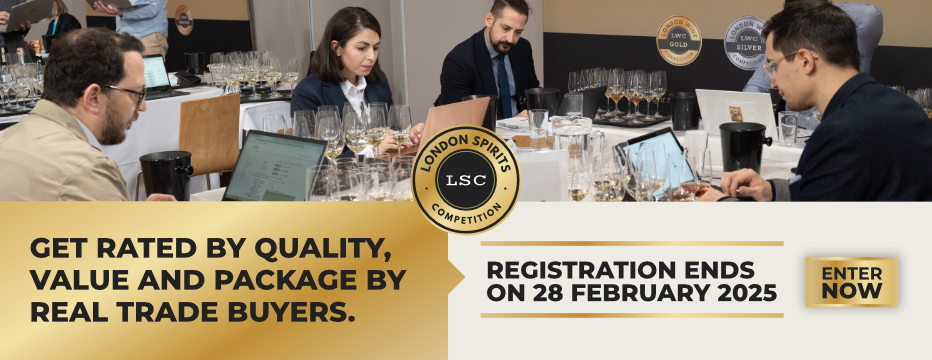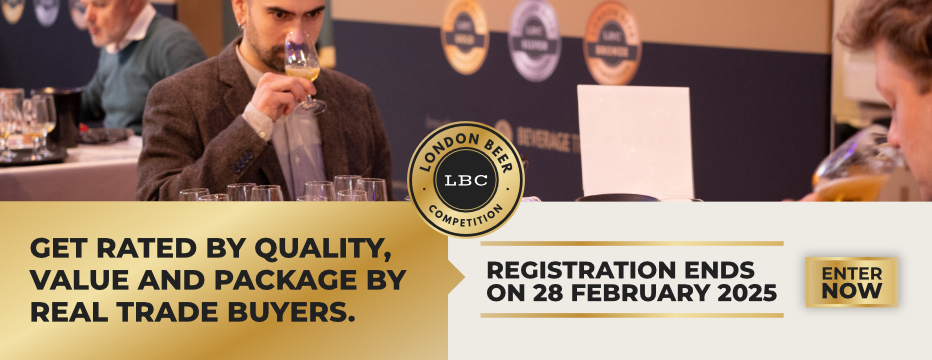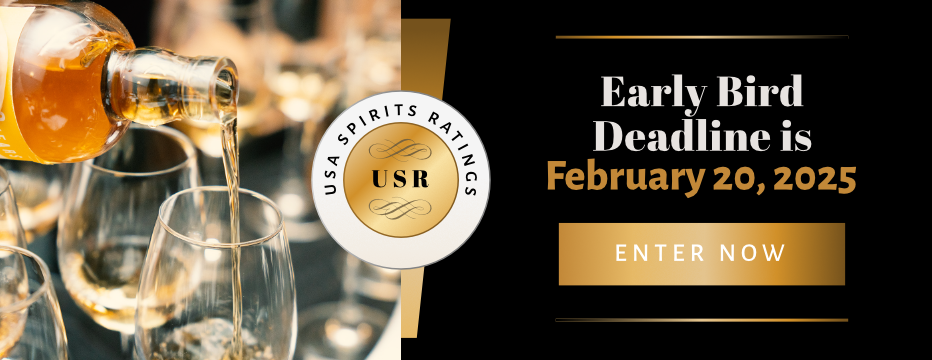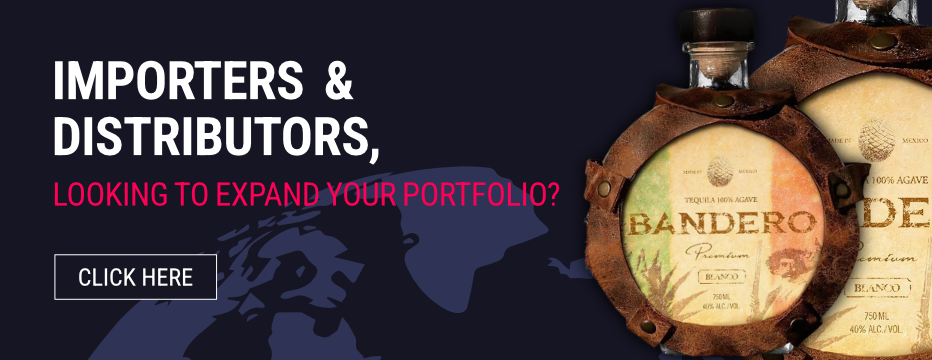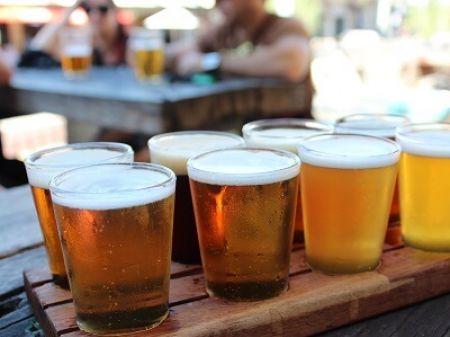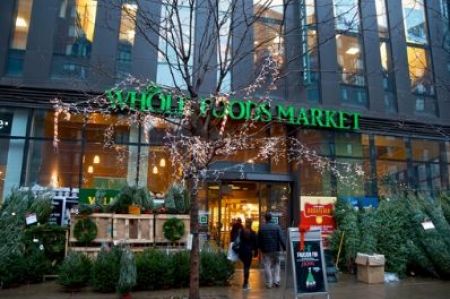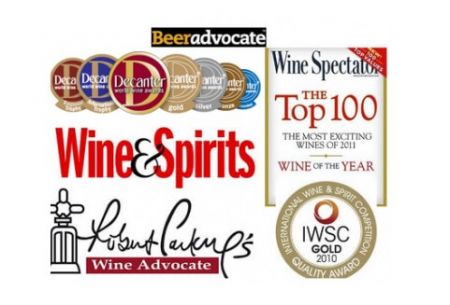Sommeliers Choice Awards 2024 Winners
10 Factors That One Should Consider when Selecting a Bulk Wine Supply Partner
BTN talks to Steve Dorfman, partner at the Ciatti Company about the 10 Factors That One Should Consider when Selecting a Bulk Wine Supply Partner.
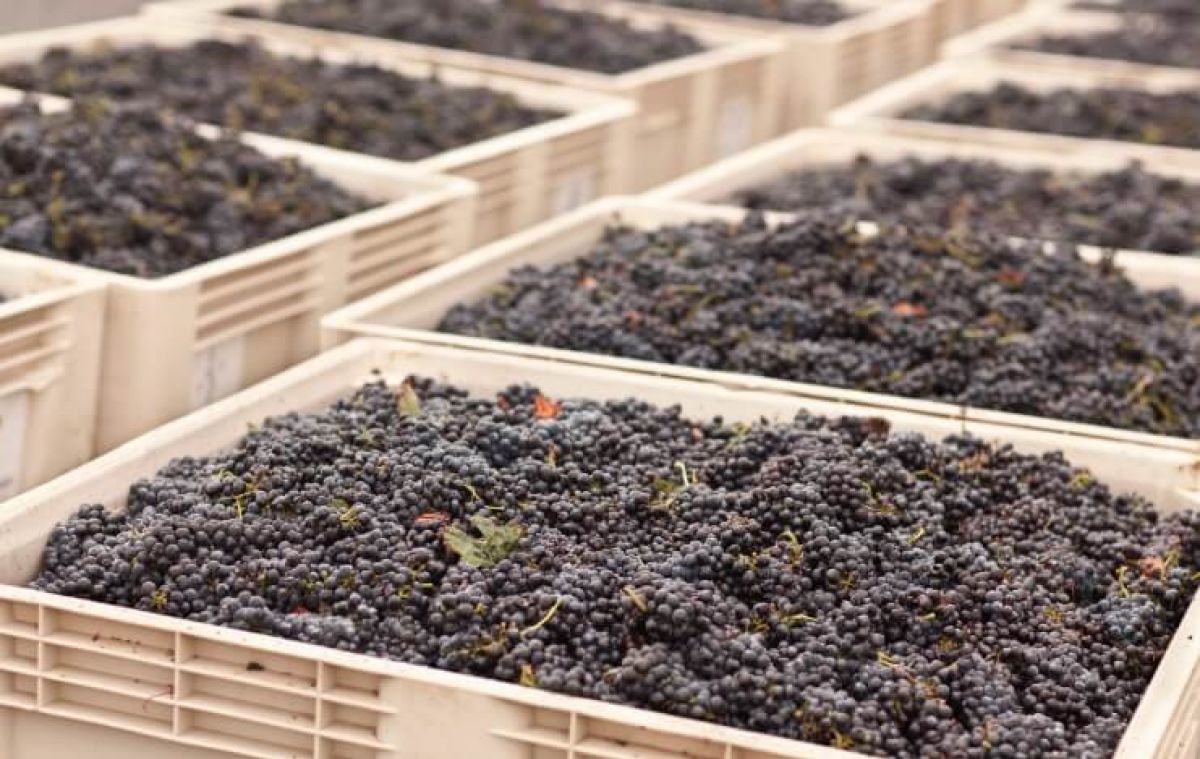
Steve joined the Ciatti Company in 2007 after working with the Brown-Forman Corporation, Fetzer Vineyards, Sonoma-Cutrer Vineyards and Bolla Wine brands for 24 years. His primary responsibilities are wine and grape sales within California, and the supply demands of markets throughout Europe, Scandinavia and Australia.
Ciatti Company is one of the world's largest broker of bulk wine, and their services include brokering grapes, evaluating prices from a lot of wine to entire wineries and sourcing both domestic and international concentrate, as well as alcoholic spirits.
With such extensive experience in this industry, we asked him for his insights for buyers looking to get into this business. He mentioned that the buyer should do extensive groundwork to figure out the type of wine they would like to create. With a clear requirement in mind, they will be able to approach bulk suppliers with greater ease.
BTN talks to Steve Dorfman, partner at the Ciatti Company about the 10 Factors That One Should Consider when Selecting a Bulk Wine Supply Partner.
1. Know your market: On-Premise or Off-Premise, branded, private label etc.
What is your customer profile? The wine you create will be based on this. Are you looking to create a premium pour? Or a value driver with low profit margins to supply in a national retail chain. An answer to this question will lead you to seek an appropriate supply partner.
2. Know your target customer: Wholesaler, retailer, consumer
These three tiers are all your customers ultimately. Therefore, you must understand the profile of the customer at each tier that you are trying to reach. Will you be placing your brand with a small to medium wholesaler or a large one? Will it be retail chain or a mom-and-pop shop or a supermarket that will house your brands? What is the profile of the end consumer that will be buying your wine? These factors will help you determine the type of wine you require, the margins you will need to keep and lead up to the supplier who can make it for you.
3. Know your plan to go to market: Do you have a brand? Do you have all of your appropriate licenses?
Often, these steps are overlooked and the time and effort underestimated when one sets out to create a brand. Ordering wine from a bulk supplier is only one step in the chain. You need to finalize your brand’s name, SKUs, label designs, carton design, decide whether you will use a cork or bottle cap, file for required licenses. Without these, you will not be ready to go to market.
4. Learn the relationships: Bulk suppliers may and most do have brands: Are you complimentary to their business or a competitor to their business?
You need to understand this as you set out to create and market your brands. In some states, you will have to approach a distributor that is already carrying their brand(s).
Is the manufacture of bulk wines their primary business? Come vintage time, you want to remain a priority for supply.
5. Will your bulk supplier also be your bottler/packer: do they have the appropriate licenses?
Determine if they have the required facilities for this and also if their pricing is competitive for these services.
It may be worthwhile to use a bottler and packager in the neighboring area if there is a large price variation.
6. Have a multi-year plan in mind: Is your supplier scalable?
This is a factor that many brand-owners overlook at the start, not having projected their volumes for the coming years. Many a time, a situation arises where the brand has jumped from orders of 10 containers to 25 relatively quickly but is restricted by supply issues. This should not be a factor limiting your growth.
7. What varietals do you need?
Ask if your bulk supply partner grows these or is able to source them without you incurring exorbitant charges for the same. What blends does your supply partner already create? Get them to create samples for the blends you require before finalizing your order.
8. What appellations do you need?
This largely defines the geographical areas where you will be sourcing from. There are specific laws relating to where the grapes for a particular wine are grown and are dependent on the country where the wine was produced. You will need to determine the appellation name that may legally appear on the wine bottle. The appellation is also dictated by the varietal of grapes that can be grown in a region, the maximum grape yields, alcohol level and other quality factors.
9. Who will be the taster for the wine? Where is that person located, and do they have purchasing authority?
Are you local to the bulk supply partner? If not, how you will manage the procurement? Are you prepared to spend some time with the bulk supply partner to figure out the product and then the pricing?
If you are not an expert in this area, consider working with a taster who can advise you about the samples of the wines.
10. How is your credit? Suppliers usually extend 30 day terms, but if you have no history or credit, it may be cash.
If your company is cash strapped and you need credit terms, you will need to work with a supply partner that is able to work accordingly. Talk to a few bulk supply partners to work this out.
It is not a bad idea to approach a brokerage firm who can help you through all of the above areas. Many of them have been in the business for 30+ years and with such extensive experience, they can assist you in cutting short your learning curve and avoid making some expensive mistakes along the way.
Suppliers often see brokers as an extended sales force. The broker’s fees vary between 2-3% depending on the country you are working in. In some regions, the buyer and seller will split this fee evenly. Also, if there is no sale, the broker receives no fee. The buyer may in fact be taken advantage of by 10% or more by not knowing the market, the inter-relationships between suppliers and by trying to go direct. In that case: Using a broker is the greatest deal a buyer never paid for!

Steve Dorfman, Partner and Broker, The Ciatti Company.
Steve joined the Ciatti Company in 2007 after working with the Brown-Forman Corporation, Fetzer Vineyards, Sonoma-Cutrer Vineyards and Bolla Wine brands for 24 years. His primary responsibilities are wine and grape sales within California, and the supply demands of markets throughout Europe, Scandinavia and Australia.

